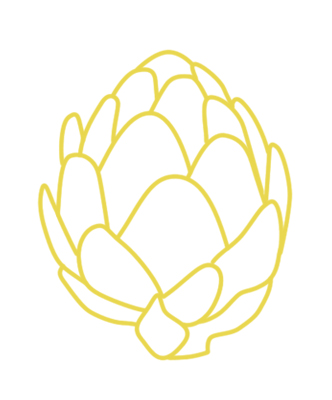Whether you’re a new or veteran vegetarian or vegan, everyone always seems to ask: How are you getting your protein, and are you getting enough?
To set the record straight, most vegetarians and vegans can get enough protein from food alone without supplements like protein powders. But, what’s the big deal about protein, and why is everyone fussing about it?
Here are the hard facts on protein:
It’s a macronutrient (a nutrient we absolutely need to survive).
It’s necessary for building and maintaining your body’s tissue for strong muscle, skin, and bone.
It’s involved in protecting our health and immune system.
It helps transport nutrients to other parts of your body.
Some hormones, like insulin, are made out of protein.
Adults require protein for cell maintenance and replacement.
Infants and children need extra protein to build new cells.
Protein broken-down: Amino acids, essential and non-essential
Amino acids are organic compounds that combine together to make protein. Think about amino acids as the roots of a tree of protein. There are two groups of amino acids: essential and non-essential. Essential amino acids cannot be made in our body, so we need to get them from food (like a macronutrient). Non-essential amino acids can be produced in the body, and we can receive them in food as well.
What foods provide me with essential amino acids?
Many foods will contain protein, but not all of them will be rich in essential amino acids. To avoid overcomplicating this matter, think high protein foods = high amounts of essential amino acids
High vegetarian and vegan protein sources include:
Dairy: milk, yogurt, cheese
Eggs
Soy (e.g., edamame, tofu, tempeh)
Beans, peas, & legumes
Seitan
Nuts & seeds (shout out to hemp seeds, and pumpkin seeds!)
Nut butter (e.g., peanut butter, almond butter, sunflower seed butter, etc.)
Whole grains (e.g., quinoa, buckwheat, brown rice, whole wheat bread, barley, oats, etc.)
Can fruits and vegetables provide me enough protein?
A general misconception I often hear is that broccoli has protein and if you eat enough broccoli, you’ll meet your daily needs. Broccoli, other vegetables, and fruit contain protein, but the amount of protein in a realistic portion size does not amount to very much. So eating vegetables like broccoli as your exclusive source of protein is not recommended. Instead, focus on eating vegetables for fiber, vitamin C, and iron.
To set the record straight, most vegetarians and vegans can get enough protein from food alone without supplements like protein powders.
What is “enough,” and how much do I need?
To avoid getting caught up on the numbers, aim to have a protein source with every meal. Remember, whole grains contain protein, too! The sky is the limit on meal combinations -- whether it’s something simple like almond butter on whole wheat toast or more involved like my Spinach, Mushroom, and Leek Quiche made with tofu and quinoa. When you eat a variety of foods, you’re bringing a diversity of nutrients and essential amino acids into your body, creating balance and achieving your protein needs.

